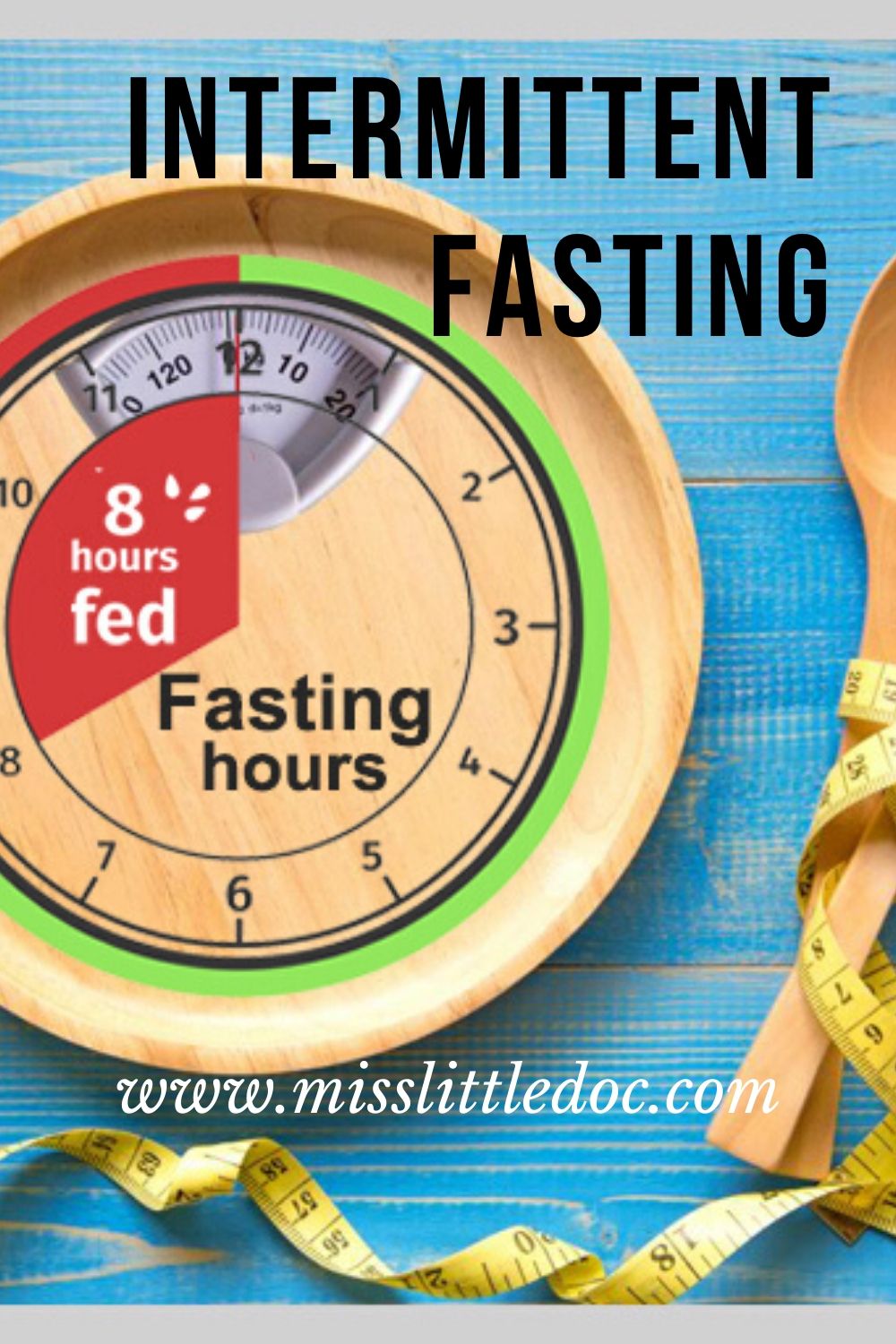Intermittent Fasting
You might have heard about the uptrend of intermittent fasting. The idea stems from two different thoughts. One group of people are using intermittent fasting for weight loss and the other group of people are using it for health. (There is also a spiritual fasting.)
There are many good benefits for fasting for health. Several things happen when you quit eating for a period of time. Hormones start changing, cells start their repair processes, insulin levels drop, and gene expression can be turned off and on.
- Insulin levels: Blood levels of insulin drop significantly, which facilitates fat burning. Which can decrease your risk of developing diabetes. (Which also helps with belly fat burning.)
- Human growth hormone: The blood levels of growth hormone may increase as much as 5-fold. Higher levels of this hormone facilitate fat burning and muscle gain, and have numerous other benefits.
- Cellular repair: The body induces important cellular repair processes, such as removing waste material from cells.
- Gene expression: There are beneficial changes in several genes and molecules related to longevity and protection against diseases.
- Inflammation: When the body has time to detox from the (terrible) foods we eat, it can allow inflammation to decrease.
- Heart health: blood pressure, total and LDL cholesterol, blood triglycerides, inflammatory markers and blood sugar levels all decrease.
- Brain Function: reduces oxidative stress, reduces inflammation and a reduction in blood sugar levels and insulin resistance.

Researchers from the University of Alabama conducted a study with a small group of obese men with prediabetes. They compared a group, where all meals were fit into an eight-hour period of the day (7 am to 3 pm), and a group spread out over 12 hours (between 7 am and 7 pm). Both groups maintained their weight, but after five weeks, the eight-hours group had dramatically lower insulin levels and significantly improved insulin sensitivity, as well as significantly lower blood pressure. The eight-hour group also had significantly decreased appetite.
How to Fast
There are a couple of different options for fasting. Most people start out slowly and build up the hours they are able to increase their fast. If you don’t then you may think you’re going to starve to death.
- Time fasting: When you hear of things like 14:10, 16:8, 20:4, these mean you are going to fast for 14 hours and eat in a 10 hour consecutive window. Or the most popular is 16 hour fast and eat in an 8 hour window. Same with 20:4, 20 hour fast and eating for 4 hours.
- Day fasting: Other ways are 5:2. This refers to eating normally for 5 days and restricting calories for 2 days during the week.
- 24 hour fast: Exactly that, you can only consume water, black coffee and some teas (green, herbal, no sugar!).
- Alternate day fasting: You alternate days. Day one normal eating, day two fast (whatever fast you want), day three normal eating, etc.
- Warrior diet: Eating small meals (snacks) then one big meal a day.
- Meal skipping: Skipping meals whenever you want.
- Prolonged fasting: This is where you can go days, even weeks without eating any food. Prolonged fasting should be under your doctors supervision.
Intermittent fasting is not a diet, it helps establish a pattern of eating. It’s a way of scheduling your meals so that you get the most out of them and helps you not eat extra calories by snacking all day. Intermittent fasting doesn’t change what you eat, it changes when you eat. Choosing better food options like whole foods, will help you not get the sugar low and it’s healthier for you!
Your body has two states: Fed and Fasting. The Fed state starts when you begin eating and lasts for three to five hours as your body digests and absorbs the food you just ate. It’s hard to burn fat because your insulin levels are high. In the Fasting state (8 to 12 hours after your last meal), it is much easier for you body to burn fat because your insulin levels are low.
Now when you are in an “eating” stage or time frame, it’s not wise to down a Dr. Pepper, Cheetos, Oreos, and fake food. You should be mindful of what you are putting into your body and why. We are a product of what we eat. I’ll challenge you to cut sugar out of your diet for just one week and see how little sugar cravings you have. Once you add sugar back into the diet, you will notice how much you CRAVE sugar.
Chiropractic
Chiropractic care is full body care. It not only helps with pain, which we are known for, but helps you realize that your body is self healing. What you put into your body and on your body, effects your body. Just like sugar inflames you and causes pain, which causes subluxations, chiropractors find the root cause of your pain.
Chiropractic is true preventative care and wellness care. If you have questions on intermittent fasting, diet, food, pain, or anything else, give us or a chiropractor near you a call!
~Dr. Lacey~
Carder Chiropractic Clinic, INC.
El Reno, OK 73036



